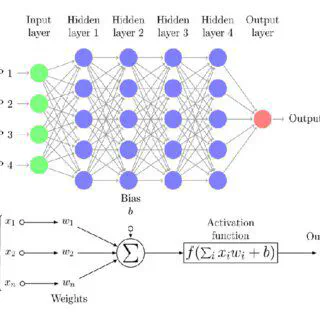Systematic review of mental health studies using Machine learning during the COVID-19 pandemic

Status: Evidence Synthesis
Machine learning (ML) offers a promising methodology for big data analytics due to its high predictive ability and capacity to handle large datasets derived from sources such as electronic health records (EHR). With the significan impact of The COVID-19 pandemic on mental health worldwide, many studies have employed ML techniques to analyze mental health data, aiming to identify patterns and predict adverse mental health outcomes. These studies leverage various ML methodologies to this end. Understanding this methodology will facilitate the integration of ML into mental health research, and dynamic analytic systems that can continuously monitor and assess the mental health of populations.
This is a reboot of an older scrapped project for a narrative review on a related topic.
Goal
This project aims to systematically review and compare mental health studies using ML during the pandemic, focusing on methodologies, data types, end goals, and data pipelines.
Methodologies
- Data Collection: Surveys, health records, phenotyping
- Comparative Analysis: Evaluate ML-based studies against traditional statistical methods and non-ML-based studies
- Data Pipeline: Integration of digital phenotyping, EHR mining, and federated learning to ensure patient data privacy
Key Steps
- Survey of Studies: Collect and analyze studies using ML for mental health during the pandemic
- Comparison: Compare ML methodologies with traditional statistical approaches and non-ML-based studies
- Evaluation: Assess the advantages and limitations of ML in mental health research
- Recommendations: Provide suggestions for future research and integration of ML in mental health studies